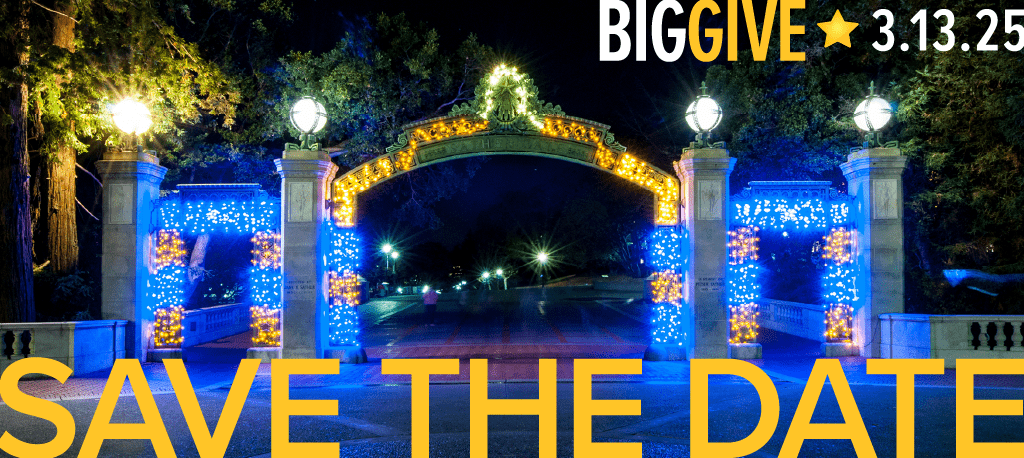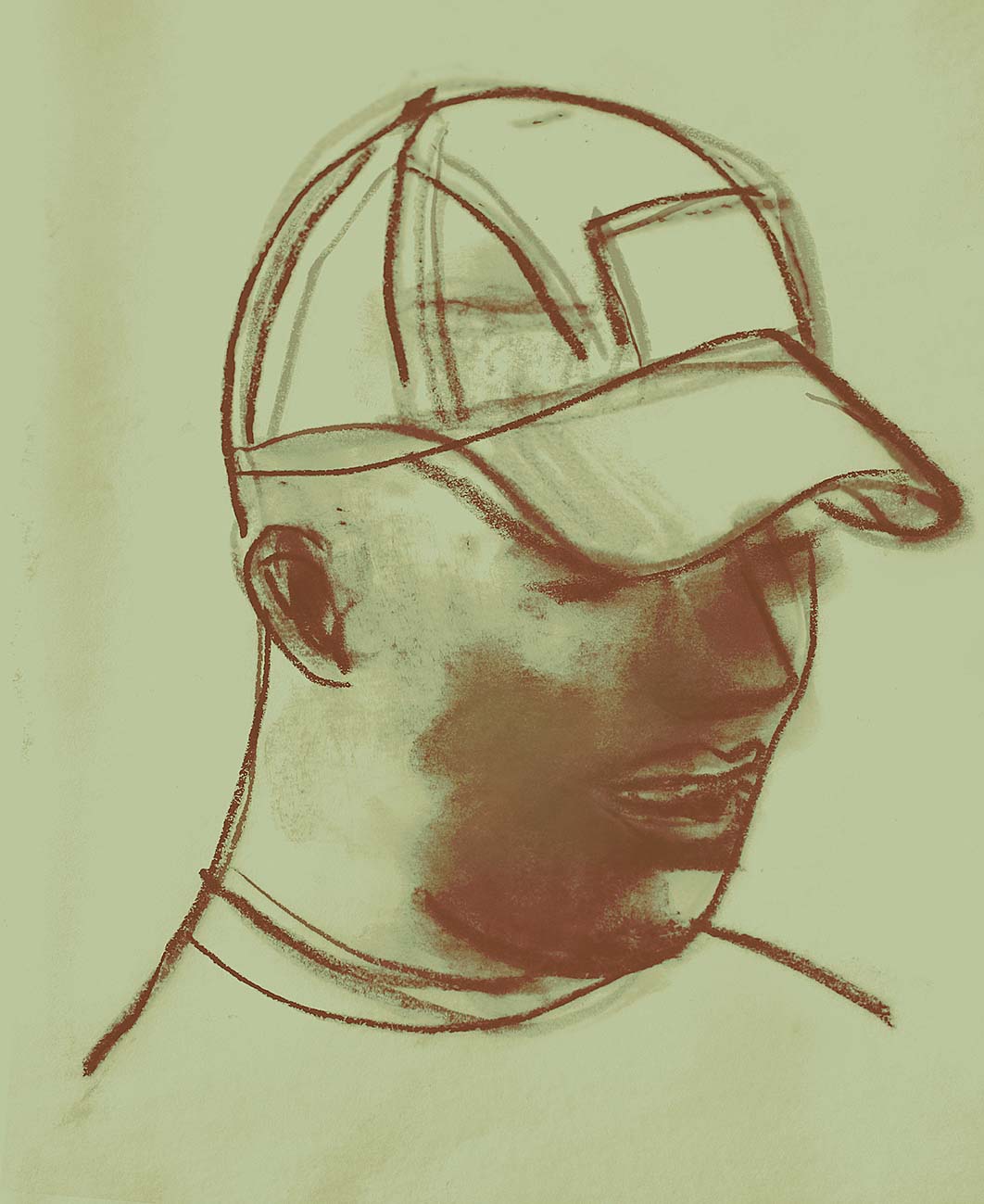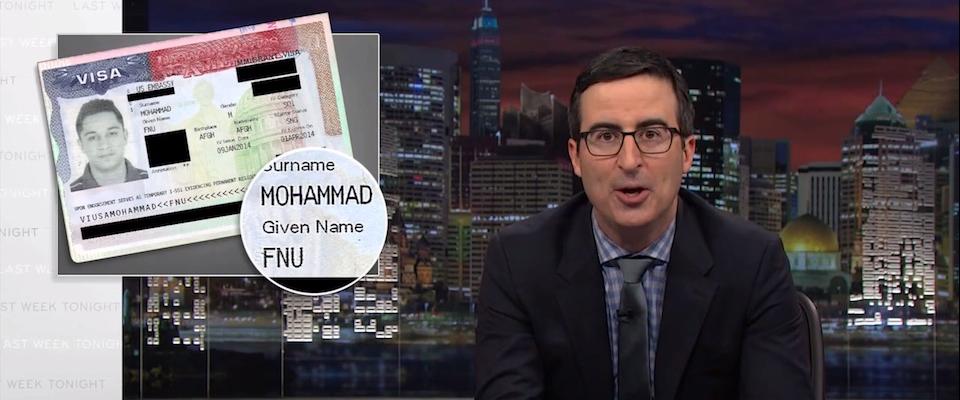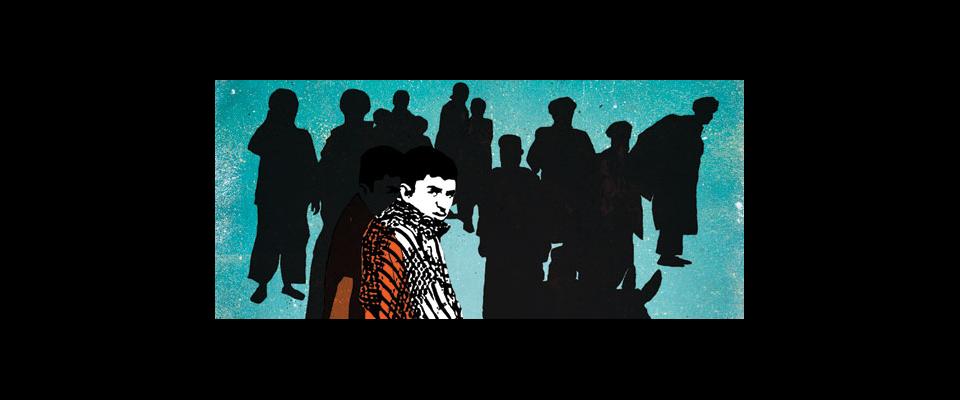It was Super Bowl Sunday, 2005, and we were on base—this was in Hit City, Iraq—waiting for the very last convoy to come in, so we could watch the game together. It was gonna be a special night. We were going to have wings. It was about three in the morning, and that’s when we heard the booms. I lost count of how many. We all loaded up, headed out to go see what’s happening, and confirmed it was an incident involving our personnel—the last convoy in.
Al Anbar Province was IED central at this point, so you couldn’t just rush in to help. You needed to assess the situation, let EOD—that’s Explosive Ordinance Disposal—check it out first. If you rushed in senselessly, you could trip an IED and hurt a lot more people. You have no idea how hard that is. It is the hardest thing to do, to sit there and do nothing for two hours while the bomb disposal guys do their work.
“You know, when your friends die you never actually know what happens to them. Where they go. Where the remains went. Where they got carried off to…
So we finally get there and it’s just a nightmare. Body parts everywhere. Two guys inside the vehicle were instantly killed. The driver, his stomach was split open and he was holding his entrails. When we get there he says, “Damn, it’s good to see you guys.” And then he dies sitting by the tire. Those are very hard words to hear. Very hard.
The one that stood out to me the most, though, was the gunner. His head was nowhere to be found and his body was just destroyed inside the vehicle. And obviously we had to scour the entire perimeter for his remains. We ended up finding his head 100 yards away on a rooftop, and I obviously had to bag that and bring it in. Once we were able to pick up as much as we possibly could, we had to take it to a compound on an outside air base. And these guys came up to shake our hands and were like, “Hey, we’ll take care of them from here.” These were Mortuary Affairs Specialists, the guys who send back the caskets you see on TV arriving at Dover Air Base. We lost three guys that day. We had no clue where they were going. And they were like, “They’ll be home in three days.”
I was 21 at this time, only a corporal, on my second tour in Iraq. I was nowhere close to being a platoon sergeant yet. At that point I was going to get out of the Marine Corps. I wanted to do something different, something meaningful. I volunteered for Mortuary Affairs because I wanted to see the other side of war. You know, when your friends die you never actually know what happens to them. Where they go. Where the remains went. Where they got carried off to.
Why was that meaningful to me? Three words: dignity, reverence, respect. That was always it. You care for the dead. You are the last person to touch their remains. In a crazy, dark type of way you are the last person to have contact with them. And that’s something that we always thought: What better way to honor their sacrifice? Regardless of what people believe, they earned that respect.
We do this for everybody, insurgents as well. If they’re in the thick of things, if they’re where our personnel were, we do this for them, too. The difference is, for an insurgent, there’s no emotional connection whatsoever. But when you associate with the Marine-pattern uniform, with what you’re wearing, when you know what that person’s age is, you see a reflection of yourself in that person. That could totally be you.
The recovery process is probably the easiest part of the job. Not that it’s a limo ride out there. You’re in full gear, full combat load, machine-gunners. You’re engaged. And when the firefight starts, you better be ready to return fire right back.
The paperwork is the hard part because it’s so detailed, and the wording and the numbers have to be exact. The numbers are just constant; you’re writing them over and over, you’re saying them out loud. And it’s weird—I struggle with my memory now, but the numbers are still there
About a year ago, I was visiting a friend of mine in Illinois and it happened. We talked about one really bad case that we had. And he goes, “It’s crazy, I still remember his Social Security number.” And I blurted it out! It was kind of terrible. It’s been years and I still have the numbers in my head.
After one deployment with Mortuary Affairs, I’d had enough. No human being should ever have to see that many remains. We were at 1,117 by the time I left—mostly insurgents, thankfully. I don’t think I could handle it if it had been all U.S. personnel.
Psychologically, none of us will ever be OK. From the most intense combat vets to the guys who have never seen combat. Just being in a war zone, it’s enough.
I decided to come to UC Berkeley after I got out, because it’s one of the top-ranked programs in Middle Eastern Studies. And then I looked at the requirements to get in, and I’m like, “OK, I’ve got my work cut out for me.” After I got discharged from Georgia, I drove across the country to Sacramento, and two days later started school at Sierra College. My counselors told me the minimum time to be there was three years. I was like, “No. I need to move on.” My goal in life is to be a professor. I wasn’t going to spend three years there and then two years at Cal and then move on to grad school. I mean, how many years was this going to take? So I took on heavy loads, and when I had enough units, I applied.
I had a scare the prior spring. I lost four friends to suicide in one month. Which really hurt me academically. But I came back strong my last few semesters at Sierra, pulled through. When I got the acceptance email I was like a little kid. I jumped on the bed, and my dog looked at me like I was crazy.
I don’t have a wife or kids. It’s just me and my dog, Viking.
Viking’s a husky. That kid was a terrorist for a while! I spent thousands of dollars fixing up my place because of that dog. Now he’s my best friend. Sleeps on my bed every night, by my side, by the door. When I have a nightmare, Viking is there. He just comes and places his paw on me. And just stays there. He was never trained to do that. He does it on his own. My therapist ended up making him a companion dog because of the way we interact.
Psychologically, none of us will ever be OK. From the most intense combat vets to the guys who have never seen combat. Just being in a war zone, it’s enough.
I’m very short fused nowadays, so I have to find ways to cope with it. I try to be as goofy as possible, just to be a fun person. I don’t like being grumpy, which is me in the mornings. But yes, psychologically, yes, it’s hard. Things like memory, readjusting to society. Not having your buddies with you, those guys you trust with your life. It’s hard being alone. But relationship-wise, it’s tough to find that one person who understands fully, who can understand that, “Hey, even though I am grumpy, or I don’t want to be touched right now, that doesn’t mean that’s about you.” Unfortunately, you run into the scenario where they’re like, “Oh yeah, I get it, blah blah blah,” but then a month, two months into the relationship it becomes a problem.
I’m not damaged goods or anything like that, but I do have to fight to be normal, and I can’t always react the way other people react, because there’s this stigma. Just being a veteran, it’s like, “Oh, that’s PTSD.”
Some guys go as far as abuse. I’ve never been that person. I come from a family of battered women, and that’s not something that’s ever crossed my mind.
Alcohol is a big thing. There was a time in my life when I would drink an entire bottle or two and not get drunk. The medication that I was on did not help. My body was well rested; my brain wasn’t. I saw myself going down a path I didn’t want to go down.
I’m not damaged goods or anything like that, but I do have to fight to be normal, and I can’t always react the way other people react, because there’s this stigma. Just being a veteran, it’s like, “Oh, that’s PTSD.” And the sympathy from people…. It’s like, stop being sorry for me! I did what I did. I chose to do this. I volunteered for this. The consequences that came with it, well, there are consequences that come with everything you do.
I’m starting to have conflicts about the war and such. Before, it was never about politics for me. It was about the guys next to me. But these days my newsfeed is just filled up with foreign affairs. After being in the Middle East for so long, this stuff just keeps pulling me back.
I would love to make an impact in the region. It’s something I dream of, like if we could get to where people weren’t getting killed every day. And that sounds somewhat hippie-ish, or whatever. You know, love, or whatever.
I’m not so naïve to think the whole world is nice and good. I’m not. I never will be. The world is a nasty place. It really is. But it would be just like those days that the firefights didn’t come, those days that war didn’t come. How relieved would you be if you woke up for a week, a couple of weeks, a month, and nobody had been killed in the Middle East from an act of terrorism or a drone strike?
Trésor Bunker served ten years in the Marine Corps, including three tours in Iraq and two in Afghanistan.






















